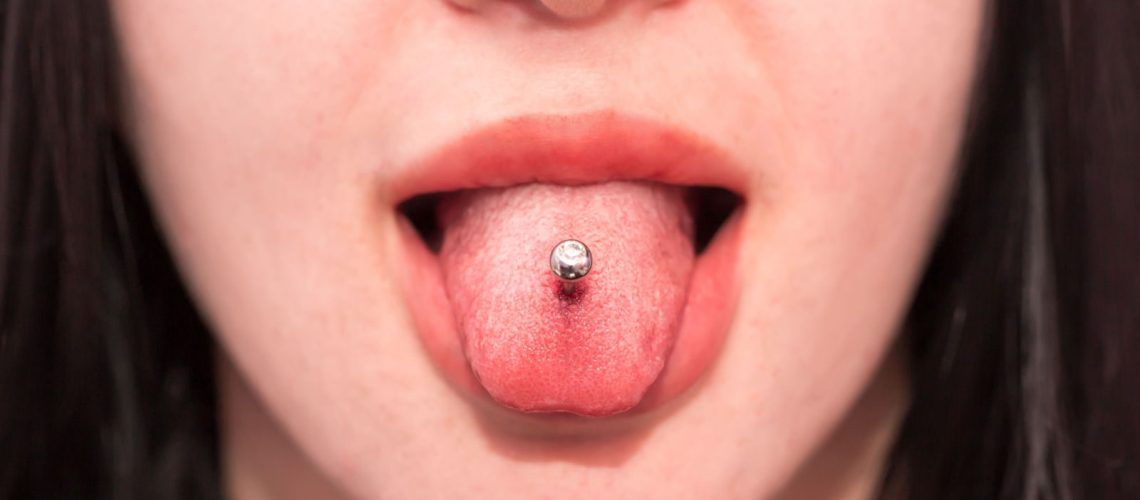Body piercing has become an increasingly popular method of self-expression in recent years. This has led to a growing trend of teens desiring piercing other areas than their ears. One type of piercing that’s increasing in popularity is oral piercing. Oral piercings include those in the lips, tongue, and cheeks. While allowing your child to get these kinds of body modification is your choice, it’s essential to ensure that your decision is an informed one. This means understanding the potential risks of getting oral piercings and knowing how to mitigate them if you allow your child to get them.
The Risks Of Oral Piercings And How To Mitigate Them
Being able to express ourselves and find our own identity and aesthetic is a critical part of growing up. While many parents may make their child wait to get body modification, it’s a decision that no one outside your family needs to be involved in. If your child approaches you with a desire to get an oral piercing, these are the risks that come with them and how to mitigate them if an oral piercing is obtained.
- Tooth Damage – Having a foreign object in your mouth increases the risk of damage to the teeth. This often happens as chipping or cracking from accidentally biting the piercing. While avoiding this risk entirely is impossible, you can limit it by getting piercings made of softer materials, such as plastic or resin, rather than metal pieces.
- Gum Recession – There has been evidence tying oral piercings to gum recession. This can lead to notable pain and sensitivity in the teeth. Thankfully, this is easy to avoid by thoroughly cleaning the piercing and maintaining good oral hygiene.
- Blood-Borne Diseases – While not associated with the piercing itself, blood-borne diseases are a risk if you don’t choose a reputable piercer. You should ensure the individual doing the piercing is a licensed professional who thoroughly sterilizes their equipment. This isn’t just for oral piercings but for any body modification, including getting ears pierced.
- Sports Injuries – An oral piercing can increase the risk of injury during sports activities. Thankfully, the piercing can simply be removed while actively participating in sports and replaced after practice or a game.
Another potential risk of oral piercings comes with having them while receiving orthodontic treatment. These piercings can damage the appliance, causing them to require expensive repairs. It’s best to wait until after orthodontic treatment is completed before allowing your child to get an oral piercing.
Learn More About Oral Piercings From Our Team
While some risks may come with receiving an oral piercing, millions of Americans maintain good oral health while living with them. Achieving this requires a little awareness and attention to oral hygiene. Remember, if you’re considering allowing your child to get an oral piercing, be sure you choose a reputable piercer. Further, call us at (210) 787-1200 to schedule a consultation with our team. Together we can help you and your child make an informed decision about getting oral piercings.

